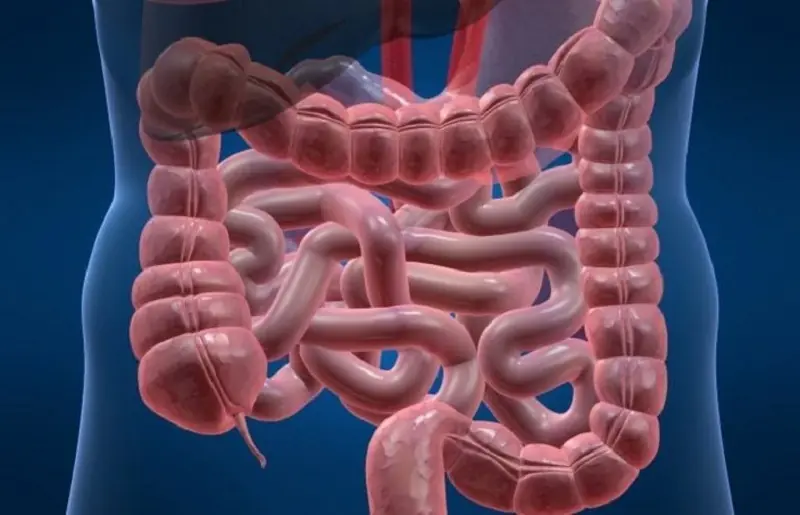
Vegetables To Clean Your Arteries And Prevent Heart Attack
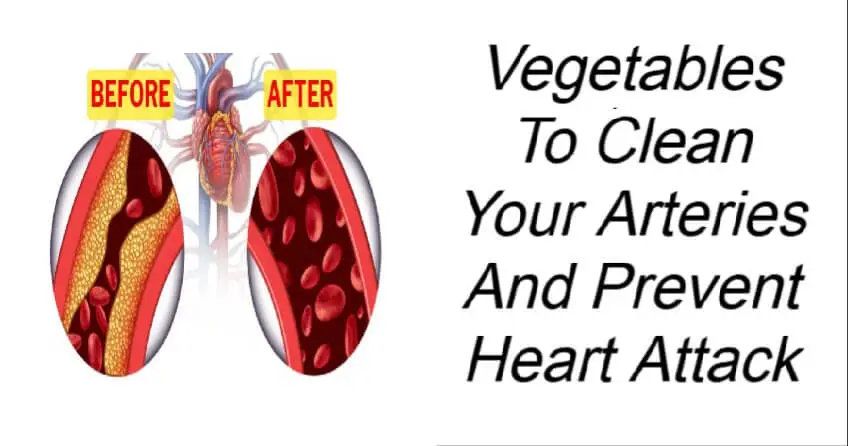
Clogged arteries are a silent but dangerous health risk. They can lead to life-threatening conditions such as heart attacks, strokes, and chronic cardiovascular disease. Fortunately, the foods we choose to eat play a major role in preventing and even reversing arterial plaque buildup. A diet rich in vegetables, especially those known for their heart-supportive properties, can significantly improve cardiovascular health and reduce long-term risks.
Below are 10 potent vegetables that not only nourish your body but also help cleanse your arteries and keep your heart in optimal shape.
1. Garlic
Garlic is widely recognized as a natural remedy for various ailments, and its cardiovascular benefits are especially powerful. The active compound allicin helps lower total and LDL (bad) cholesterol levels, while also reducing high blood pressure. Garlic also acts as a natural vasodilator, meaning it relaxes and widens blood vessels, improving blood circulation and reducing the strain on your heart. Incorporating garlic into your daily meals can have a profound impact on overall heart health.
2. Spinach
This leafy green is a heart-health powerhouse. Spinach is rich in nitrates, which the body converts into nitric oxide, a molecule that helps relax blood vessels and reduce arterial stiffness. It’s also a great source of folate, potassium, and magnesium, all of which contribute to maintaining healthy blood pressure. The high levels of antioxidants, such as lutein and beta-carotene, also help combat oxidative stress, which can damage blood vessel linings over time.
3. Broccoli
Broccoli offers multiple benefits for arterial health. It's high in fiber, which helps regulate cholesterol levels, and contains vitamin K, essential for preventing arterial calcification. Its rich antioxidant profile, including sulforaphane, supports detoxification and reduces inflammation throughout the body. Eating broccoli regularly can contribute to cleaner arteries and reduced risk of heart complications.
4. Asparagus
Asparagus is a natural anti-inflammatory vegetable packed with heart-protective nutrients. It helps lower blood pressure, prevent blood clots, and improve the flexibility of blood vessels. It’s particularly rich in glutathione, a potent antioxidant that supports liver detoxification and protects against oxidative damage in the arteries. Asparagus also contains fiber and vitamins that aid in maintaining optimal blood flow.
5. Beets
Beets are one of the best vegetables for boosting nitric oxide production in the body. This compound relaxes and dilates blood vessels, improving circulation and helping to lower blood pressure naturally. Rich in betaines and antioxidants, beets help reduce homocysteine levels—an amino acid linked to increased risk of cardiovascular disease. Drinking beet juice or adding fresh beets to salads is an easy way to support vascular health.
6. Carrots
Carrots are more than just a source of vision-boosting vitamin A. They are packed with beta-carotene, a powerful antioxidant that helps prevent oxidative damage to blood vessels. The soluble fiber in carrots also binds to cholesterol in the digestive system, helping remove it from the body and reducing LDL cholesterol levels. Eating raw or lightly steamed carrots regularly can provide long-term heart benefits.
7. Tomatoes
Tomatoes are an excellent source of lycopene, a potent antioxidant that helps prevent the oxidation of LDL cholesterol, a key step in the development of atherosclerosis. Lycopene also improves the flexibility of blood vessels and reduces inflammation. Cooked tomatoes, such as those in sauces or soups, actually release more lycopene, making them an even more effective heart-healthy food.
8. Kale
Kale is often dubbed a “superfood,” and for good reason. It’s packed with fiber, omega-3 fatty acids, vitamin C, and a range of antioxidants that help reduce arterial plaque and fight inflammation. Kale also contains vitamin K, which works to prevent calcium from depositing in the arteries—a major contributor to arterial hardening.
9. Brussels Sprouts
Brussels sprouts offer cardiovascular benefits through their ability to reduce inflammation in the blood vessels. Rich in vitamin C, vitamin K, and antioxidants, they help support arterial integrity and reduce oxidative damage. They also provide sulforaphane, which helps activate the body’s natural detoxification pathways, keeping blood vessels clean and functioning properly.
10. Onions
Onions are loaded with flavonoids—especially quercetin—which have strong anti-inflammatory and antioxidant effects. These compounds help reduce blood pressure, improve cholesterol levels, and decrease the risk of blood clot formation. Onions also contain sulfur compounds that support vascular health and prevent the hardening of arteries.
Final Thoughts
Your heart’s health is directly influenced by the food you put on your plate. By incorporating these 10 nutrient-dense vegetables into your daily meals, you can take powerful steps toward naturally cleansing your arteries, reducing chronic inflammation, and dramatically lowering your risk of heart disease over time.
Pro Tip:
For maximum heart protection, combine a vegetable-rich diet with regular physical activity, stress-reducing practices like meditation or yoga, staying well-hydrated, and avoiding highly processed or sugary foods. Small, consistent lifestyle changes can lead to big improvements in cardiovascular health.
News in the same category


From age 65, how often should you shower (and why over-washing can be harmful to your health)

What’s the Secret to Becoming a Super-Ager?

Coffee, Cookies, and Cheese Recalled From Major Retailers in Multiple States
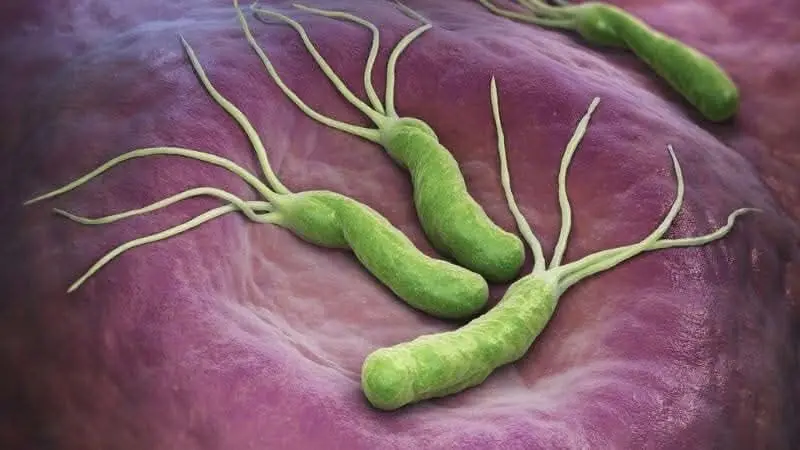
H. Pylori Fears These 5 Foods the Most — Eat Them to Protect Your Stomach

Woman Unveils 5 Colon Cancer Symptoms You Must Never Ignore
Colon cancer is often called the “silent disease” because its warning signs are easy to dismiss. One Texas mother, Radwah Oda, is now sharing her painful journey in hopes of saving others from making the same mistake.
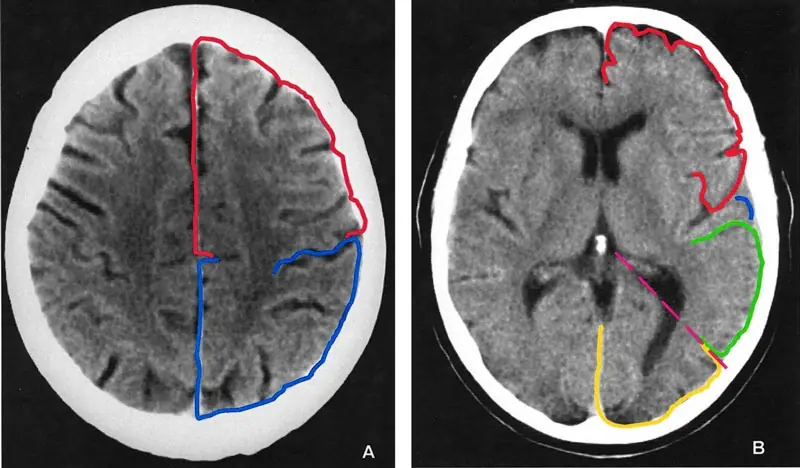
The Silent Killer" That Causes Brain Shrinkage — Yet Parents Still Feed It to Their Children Daily

Mother and Child D:ie From Liver Cancer — Doctors Reveal 3 Ingredients That Should Never Go Into Porridge
The story of the mother and child stands as a haunting reminder that the smallest choices in the kitchen can carry lifelong consequences.
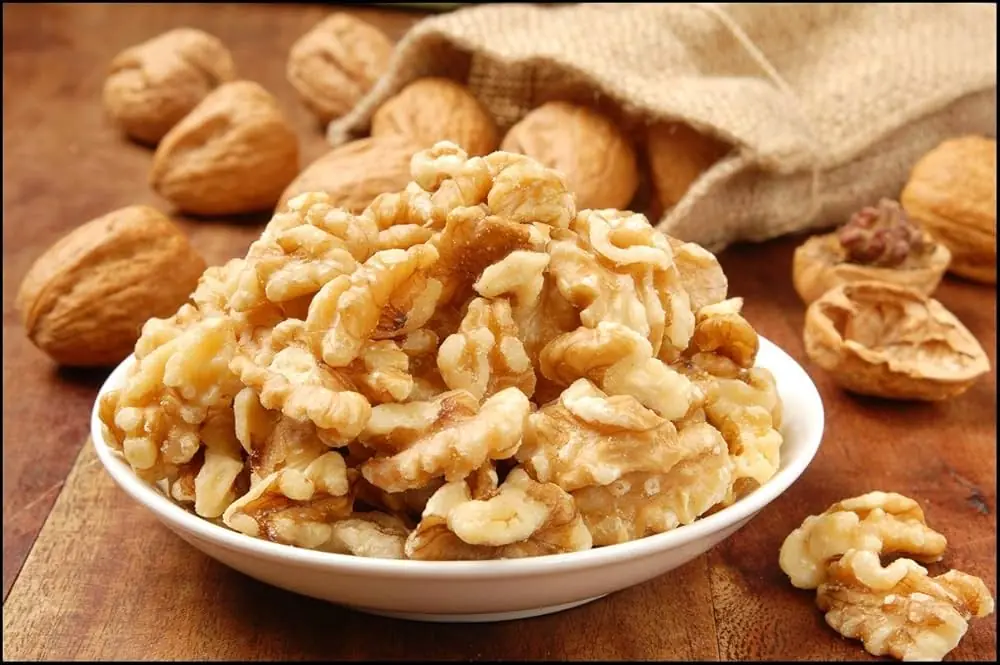
Proven Health Benefits of Walnuts, How Many to Eat, and More (Science Based)

The Most Dangerous Foods: Unpacking the Risks of Processed Meat

Synthetic Dyes Are Out: Skittles, M&M’s, and More Go Natural by 2026
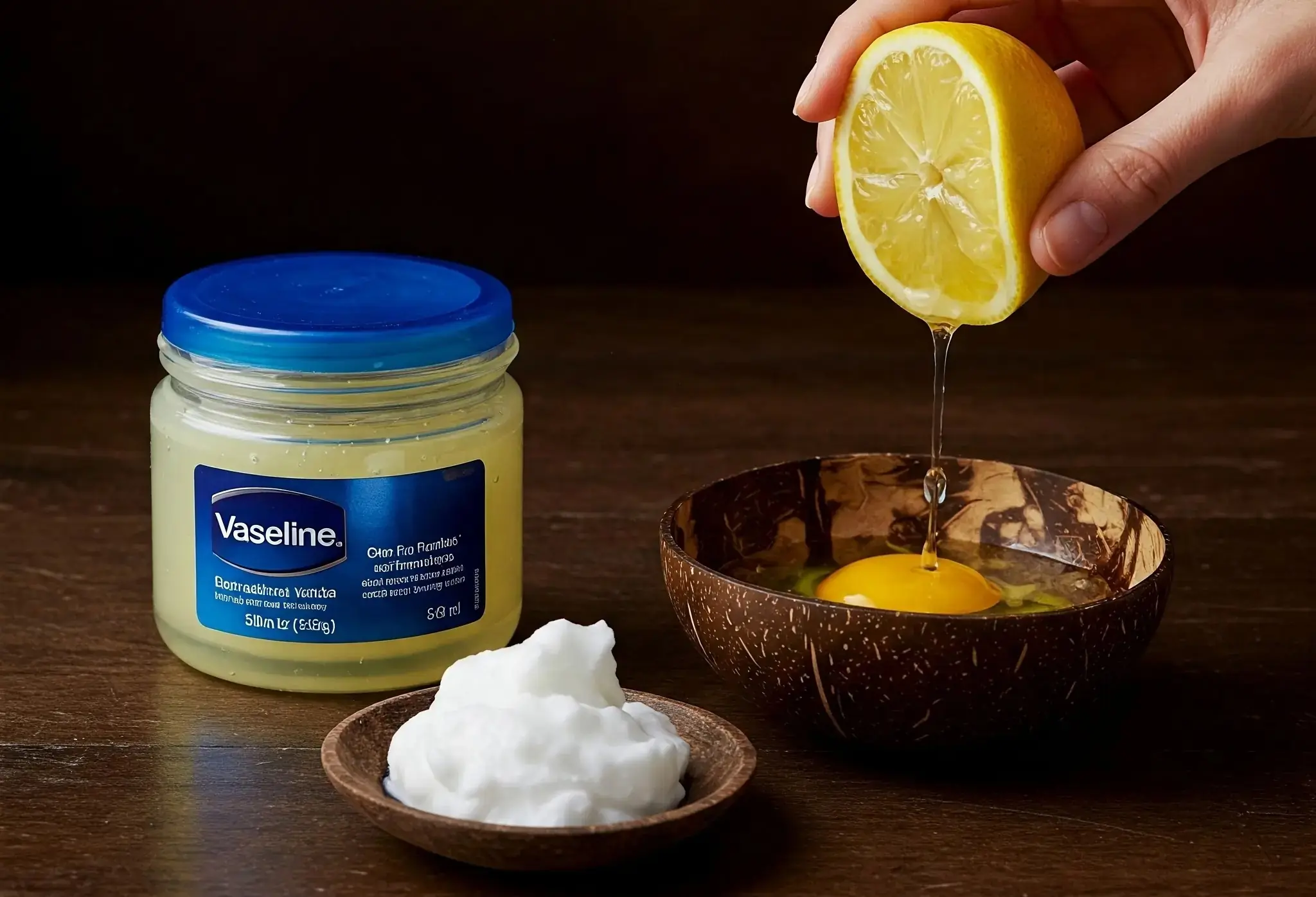
Vaseline and Egg White Face Mask: The Ultimate Anti-Aging Remedy to Look 10 Years Younger
Whether you’re looking to reduce wrinkles, lighten dark spots, or prevent acne, this mask offers a wide range of benefits that will transform your skin.

15 Honest Phrases You’ll Never Hear From a True Narcissist

Three-Day Lymphatic Cleanse To Keep You Healthy All Year Long

How Water Fasting Can Have Many Benefits

5-Year-Old Loses Battle With Cancer — Doctors Reveal 5 Foods Parents Must Never Give Their Children
The heartbreaking loss of a 5-year-old child to late-stage cancer has sparked a powerful warning from health experts. Doctors now stress that nutrition plays a far bigger role in preventing chronic diseases than many parents realize.
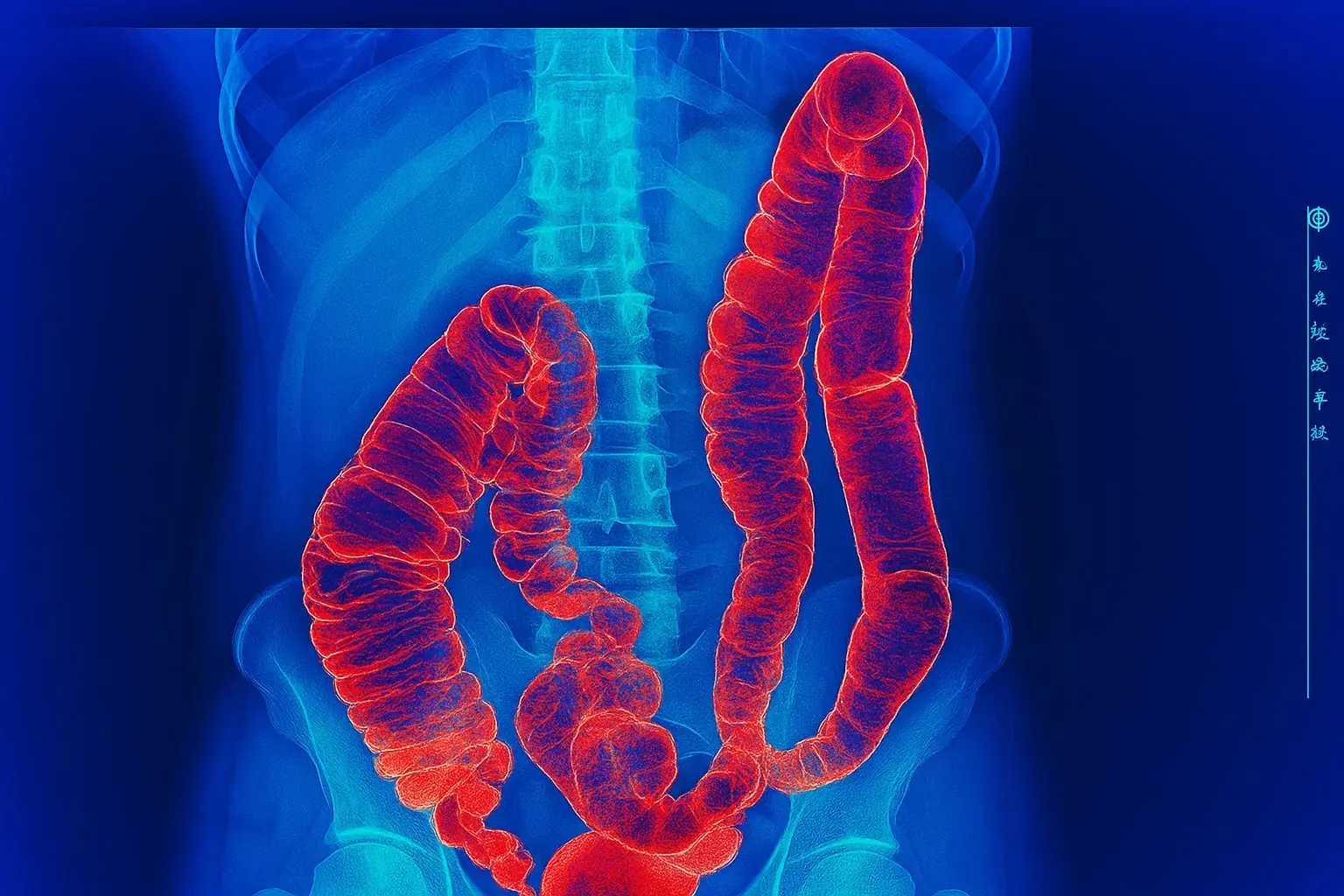
Toxic Megacolon From Severe Constipation — What Causes It and How To Prevent It
Constipation may seem like nothing more than an uncomfortable inconvenience, but ignoring it for too long can put your health at serious risk. In extreme cases, chronic constipation can progress into a life-threatening condition known as toxic megacolon,

Stage 4 Cancer Woman Issues Urgent Warning: Don’t Ignore These Subtle Signs
A mother of two ignored what seemed like minor health issues, only to learn they were signs of stage 4 bowel cancer. Now, she’s warning others not to make the same mistake.

The surprising truth about eating eggs every day
News Post

lacing these 3 things on top of the fridge will cause wealth to disappear, no matter how much you have.

Buying bananas: Wise people turn away when they see these 3 types, while foolish ones grab them just because they’re cheap

Don’t soak frozen meat in plain water. According to chefs, there’s a way to defrost it in just 5 minutes while keeping it delicious.

Water heaters have a hidden 'switch.' Any household that knows how to open it can use it for 10 years without worrying about damage or high electricity bills
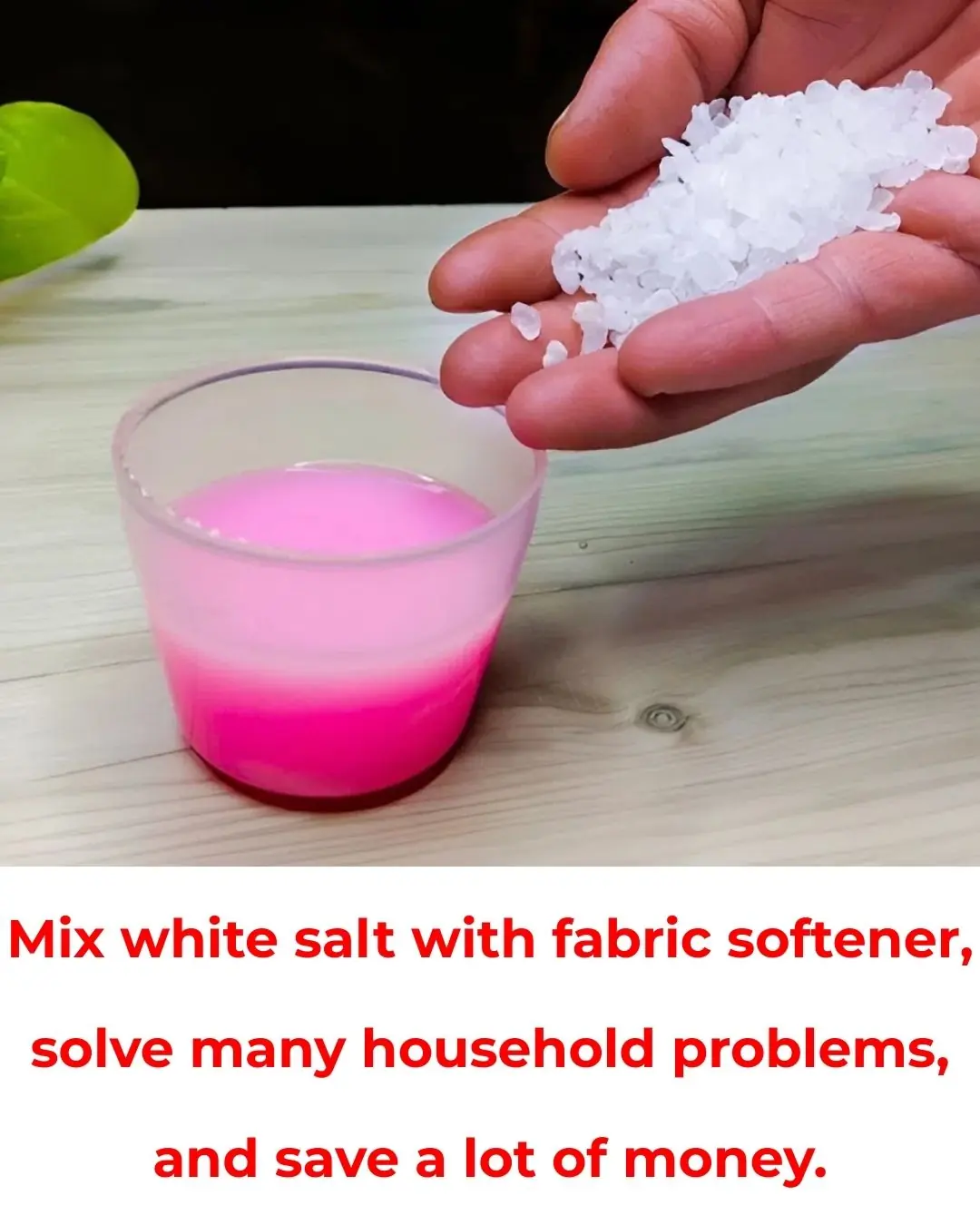
Mix white salt with fabric softener, solve many household problems, and save a lot of money.

Apply this on a knife, and no matter how dull it is, it will become razor-sharp and shiny, without needing a whetstone.

Inside the washing machine, there’s a ‘small box’ with an incredibly powerful function: Not knowing how to use it is such a waste.

Why Some Women Lose Their Desire: 4 Avenues to Explore

Why should you keep some money behind your phone case?

If You Have Colon Polyps, These 4 Signs While Using the Toilet May Appear – See a Doctor Before It’s Too Late

From age 65, how often should you shower (and why over-washing can be harmful to your health)

What’s the Secret to Becoming a Super-Ager?

Coffee, Cookies, and Cheese Recalled From Major Retailers in Multiple States

H. Pylori Fears These 5 Foods the Most — Eat Them to Protect Your Stomach

Woman Unveils 5 Colon Cancer Symptoms You Must Never Ignore
Colon cancer is often called the “silent disease” because its warning signs are easy to dismiss. One Texas mother, Radwah Oda, is now sharing her painful journey in hopes of saving others from making the same mistake.

The Silent Killer" That Causes Brain Shrinkage — Yet Parents Still Feed It to Their Children Daily

Mother and Child D:ie From Liver Cancer — Doctors Reveal 3 Ingredients That Should Never Go Into Porridge
The story of the mother and child stands as a haunting reminder that the smallest choices in the kitchen can carry lifelong consequences.

Proven Health Benefits of Walnuts, How Many to Eat, and More (Science Based)

The Most Dangerous Foods: Unpacking the Risks of Processed Meat
